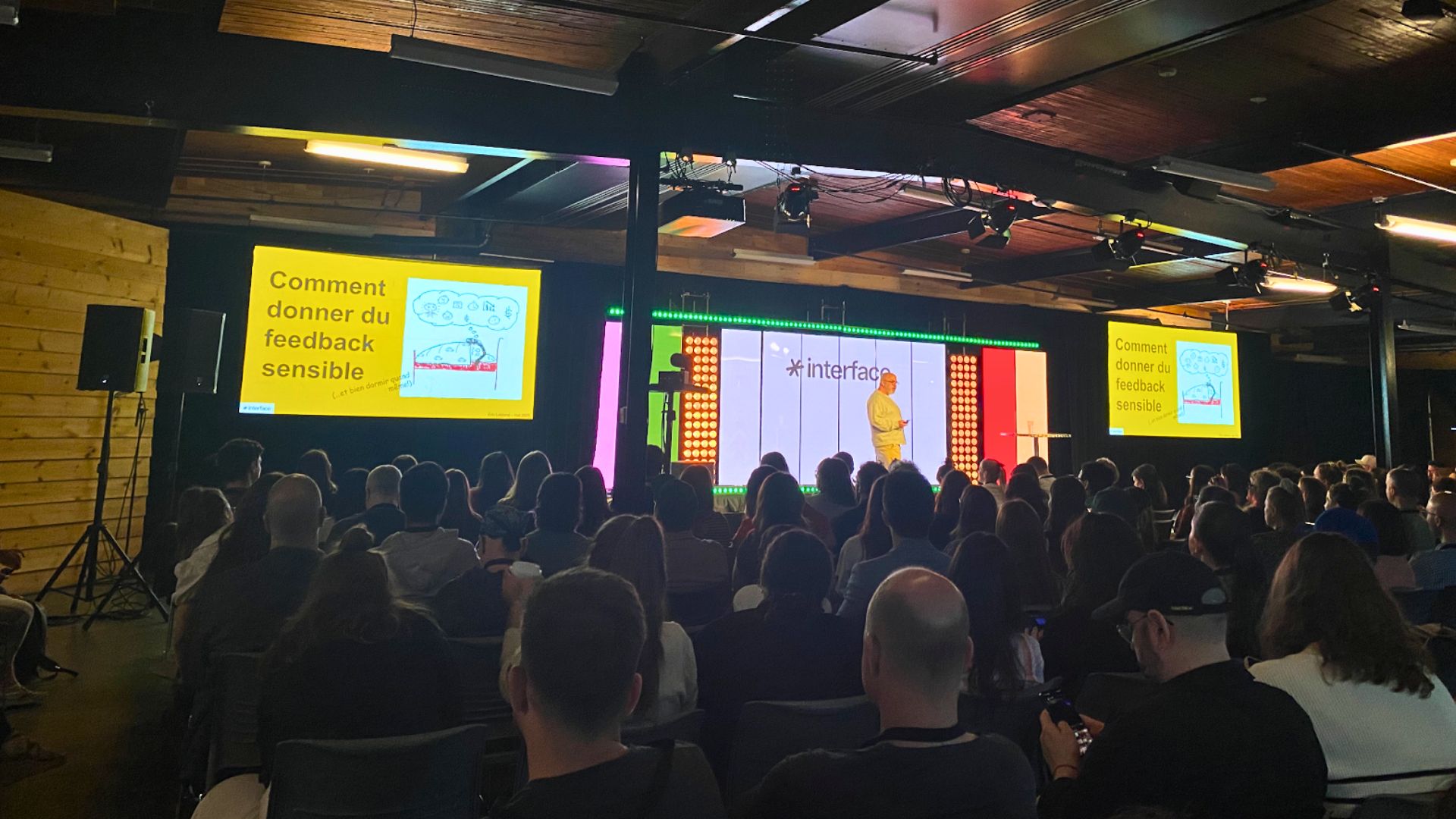Une étude récente a démontré que les cours en ligne, dont les MOOC, devraient faire une place plus grande à l’évaluation des apprentissages et reposer sur des méthodes actives.
Les « cours en ligne ouverts à tous », communément appelés les MOOC, ont connu une hausse de popularité importante dans les dernières années, entre autres en raison de leur accessibilité (disponibles à distance) et de leur gratuité. Malgré leur popularité et leur capacité à attirer des apprenants d’horizons variés, leurs impacts sur les apprentissages demeureraient modestes.
Selon une étude réalisée par des chercheurs de l’université américaine Carnegie Mellon, les MOOC reposeraient trop souvent sur des méthodes pédagogiques passives, comme le visionnement de vidéos, qui ne favoriseraient pas assez les apprentissages des utilisateurs.
Dans le cadre de leurs travaux, les chercheurs a voulu comparer différentes variables. Pour ce faire, un cours d’introduction à la psychologie a été offert en deux versions. La première version constituait un MOOC standard et se déroulait sur la plateforme Coursera. La seconde version représentait quant à elle une version bonifiée d’un MOOC. Cette dernière se déroulait sur la plateforme ouverte Open Learning Initiative de l’institution et s’ajoutait à la version traditionnelle. Dans la version bonifiée, les participants étaient davantage appelés à être actifs sur le plan des apprentissages que ceux suivant la version traditionnelle. Par exemple, dans la version bonifiée, des évaluations formatives avaient pour objectif d’empêcher les apprenants d’avancer dans le cours sans avoir démontré qu’ils maîtrisent un concept.
Ce sont 27 720 apprenants qui ont participé à l’étude, dont 18 645 ayant suivi le cours en format MOOC traditionnel et 9 075 dans la version bonifiée. Les chercheurs se sont intéressés à trois principales variables : le taux de persévérance, la qualité des apprentissages et les liens entre les activités utilisées et la qualité des apprentissages.
Les participants qui ont suivi la version bonifiée ont été 30 % plus nombreux à poursuivre le cours jusqu’à l’examen final. Parmi ceux qui ont abandonné le cours avant la fin, ceux de la version bonifiée sont demeurés, dans l’ensemble, plus longtemps que ceux de la version traditionnelle.
Les participants qui ont suivi le cours en version bonifiée ont obtenu une note finale moyenne supérieure (66 %) à celle du groupe régulier (57 %).
Sur le plan des apprentissages, les chercheurs s’entendent pour dire que les méthodes actives favorisent leur développement et leur qualité. Par exemple, les participants ayant simplement visionné les vidéos ont obtenu, dans l’ensemble, des résultats inférieurs aux différentes évaluations.
Pour Norman Bier, le directeur du Open Learning Initiative, les cours en ligne, dont les MOOC, devraient faire une place plus grande à l’évaluation des apprentissages et reposer sur des méthodes actives.














